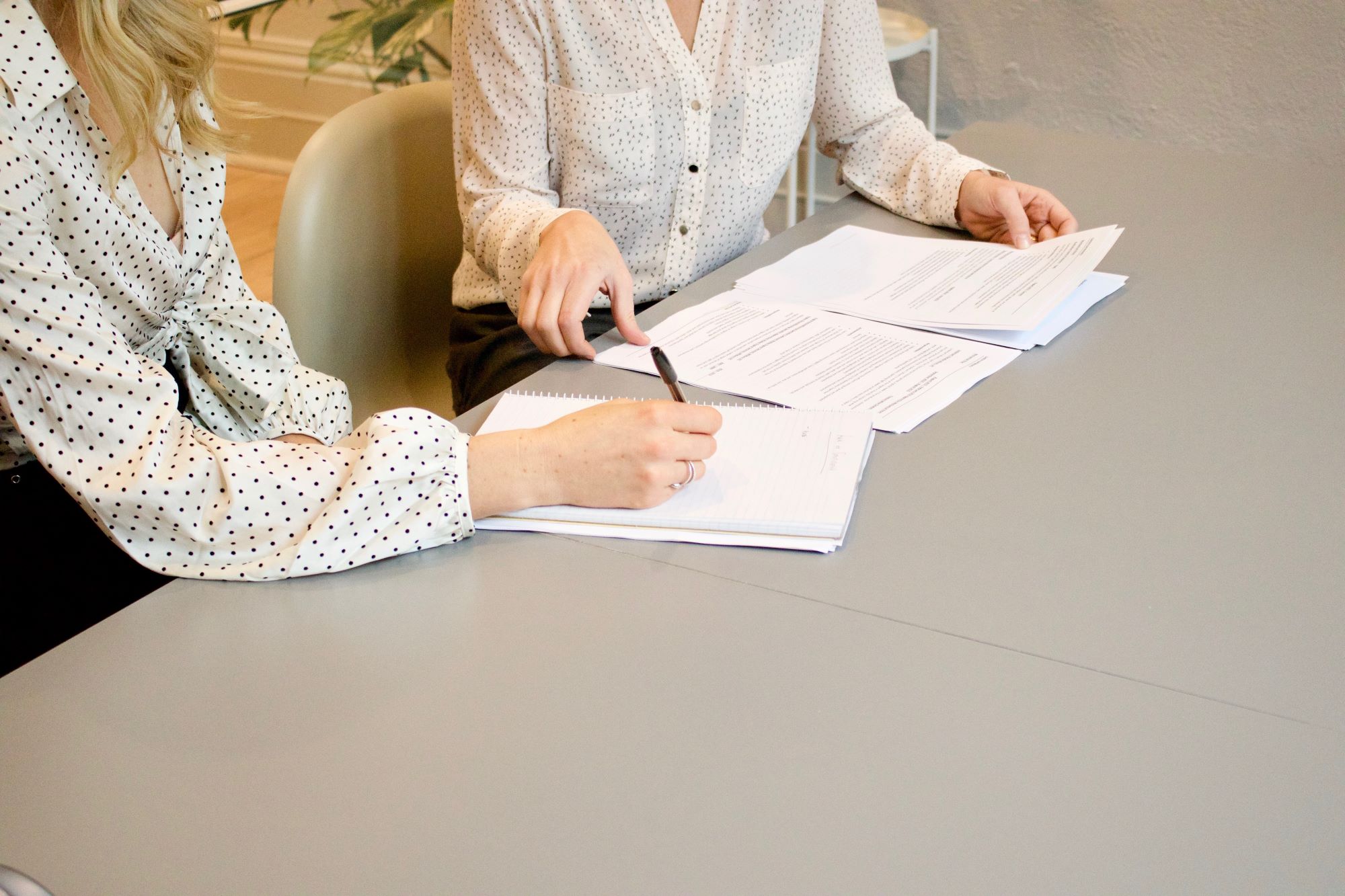Everyone deserves access to legal advice, but for many people, it can be out of reach financially. However, there are a number of organizations and resources that offer free legal aid to those in need. This blog post will provide you with all the information you need to know about how to get free legal advice.
7 Organizations & Resources for Free Legal Aid
Here are 7 organizations and resources that provide free legal aid. These organizations offer a variety of services, from providing general legal advice to representing clients in court. Whether you are facing a divorce, a foreclosure, or a criminal charge, there is likely a free legal aid organization that can help you.
Legal Aid Organizations
Legal aid organizations are non-profit entities that provide free legal services to low-income individuals and families. These organizations typically focus on various areas of law, such as family law, housing, employment, and immigration. To find a legal aid organization near you, consult your local bar association or search online for resources in your area.
Pro Bono Services
Many law firms and individual lawyers offer pro bono (free) legal services to clients who cannot afford representation. Pro bono work is often coordinated through legal aid organizations or bar associations. Additionally, law schools and legal clinics may provide free legal assistance under the supervision of law professors and experienced attorneys.
Online Legal Resources
In the digital age, there is a wealth of online resources for those seeking free legal advice. Websites like LegalZoom and Nolo offer information on legal matters, including articles, guides, and templates for legal documents. However, it’s important to remember that online resources should not be a substitute for personalized legal advice, especially in complex legal matters.
- LegalZoom: LegalZoom is a legal services company specializing in helping businesses and individuals with legal tasks such as forming a business, creating a will, and obtaining a divorce. LegalZoom offers a variety of online resources, including articles, guides, and templates for legal documents. LegalZoom also offers various legal services, such as document review and assistance with legal filings. Try LegalZoom free trial for legal aid. As a leading online legal services company that has helped over 4 million customers form businesses and create legal documents, LegalZoom is accredited by the Better Business Bureau and has an A+ rating. LegalZoom also offers two different legal plans: Legal Assist and Legal Complete. People can get unlimited legal consultations with a LegalZoom lawyer for a monthly fee through the Legal Assist Plan, and access unlimited legal consultations, document review and preparation, and representation in certain legal matters with the Legal Complete Plan.
- LawHelp.org: LawHelp.org is a website that provides free legal information and resources to low-income individuals and families. LawHelp.org offers a variety of resources, including articles, guides, and templates for legal documents. LawHelp.org also has a directory of lawyers who provide free legal services to low-income individuals and families.
- Nolo.com: Nolo.com is a website that provides legal information and resources to the public. Nolo.com offers a variety of resources, including articles, guides, and templates for legal documents. Nolo.com also offers a variety of legal books and software programs.
- LawDepot: LawDepot is a website that provides legal document templates to the public. LawDepot offers a variety of templates for legal documents, including contracts, wills, and business documents. LawDepot also offers various legal services, such as document review and assistance with legal filings.
- LegalNature: LegalNature is a website that provides legal services to businesses. LegalNature offers a variety of services, including forming a business, creating a website, and drafting contracts. LegalNature also offers a variety of legal documents, such as contracts, employment agreements, and privacy policies.
State and Local Government Programs
Many state and local governments operate programs to provide free or low-cost legal services to residents in need. These programs may offer assistance with issues related to family law, housing, or benefits applications. Check with your local government or legal aid organizations in your area to find out about available services.
Nonprofit and Community-Based Organizations
Numerous nonprofit and community-based organizations focus on specific legal issues, such as domestic violence, immigration, or tenant rights. These organizations often offer free legal advice and support to those dealing with these particular challenges. A quick search online or at your local community center can help you find such organizations in your area.
Self-Help Centers and Libraries
Many courthouses have self-help centers and law libraries where individuals can access free legal resources, forms, and guidance. While these resources do not provide personalized legal advice, they can assist you in understanding the legal process and help you fill out forms correctly.

Hotlines and Helplines
Various national and local hotlines and helplines offer free legal advice on specific issues. For instance, if you are dealing with domestic violence, there are hotlines staffed with legal professionals who can provide guidance and support. These services are typically available 24/7 and are confidential.
Tips for Maximizing the Benefits of Free Legal Advice
Now that we’ve discussed where to find free legal advice, it’s important to understand how to make the most of these services. Here are some tips for maximizing the benefits of the free legal advice you seek:
- Be Prepared: Gather your case documents and information before contacting a legal aid organization or pro bono lawyer. This will help the attorney understand your case better.
- Ask Questions: Ask questions when talking to a lawyer. This will help you understand your case and make informed decisions.
- Follow Instructions: If you receive guidance or advice from a legal expert, follow their instructions carefully. This could include filling out forms correctly, attending court dates, or gathering additional evidence.
- Seek Multiple Opinions: Get a second opinion, especially in complex legal matters. Different lawyers may see things differently, and their advice can help you understand your case better.
- Maintain Open Communication: Talk to your lawyer or legal aid organization regularly. Keep them up-to-date on your case so they can give you the best advice.
- Consider Alternative Dispute Resolution: Mediation and arbitration can be faster and cheaper than going to court. Talk to your lawyer to see if these options are right for you.
- Stay Informed: Learn about the laws and rules related to your case. This will help you understand your options and make better decisions.
- Document Everything: Keep records of all communication, documents, and actions related to your legal issue. This can be crucial if you need to prove your case in court or during negotiations.
- Be Patient: Legal processes can be slow and complex. Understand that resolution may take time, and patience is key. Continue to work closely with your legal advisor to stay on the right path.
- Express Gratitude: Say thank you for free legal advice. Legal aid organizations and pro bono lawyers volunteer their time and resources to help others. A simple thank you can go a long way in recognizing their efforts.

Conclusion
In the end, everyone should have access to free legal advice so that justice is fair for everyone, rich or poor. If you have a legal problem, there are people who can help you, even if you don’t have much money. Talk to the organizations and services listed above to get the help you need. Legal problems can be complicated, so it’s important to talk to a lawyer to get the best advice for your situation. Your rights matter, and there is help available to protect them.



